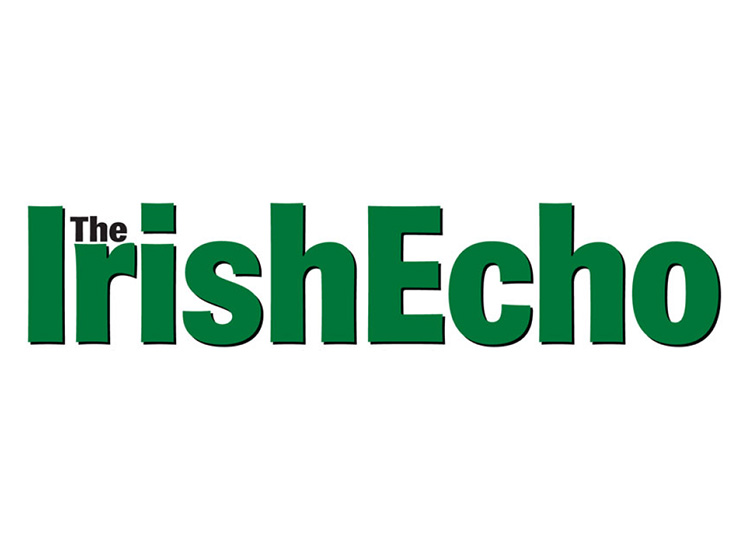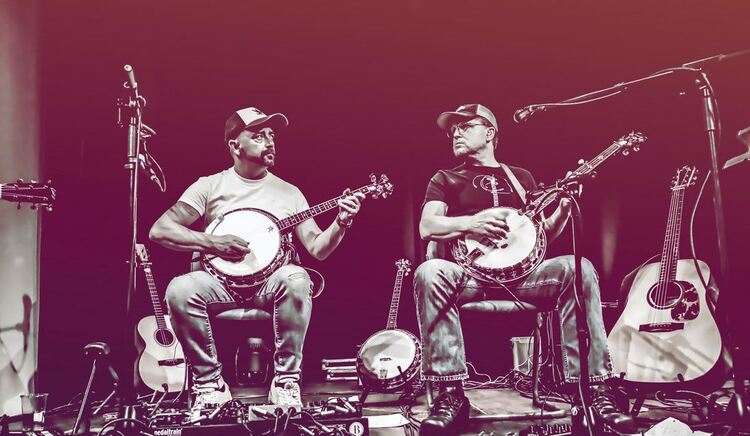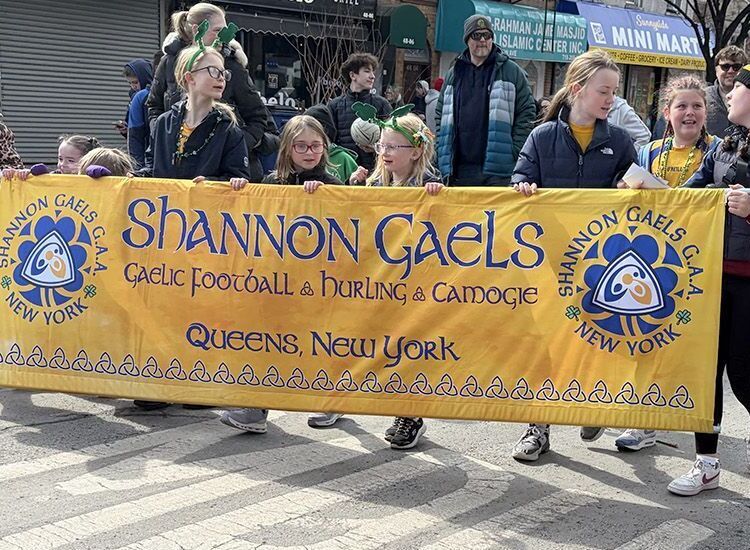If that first piece of wisdom might apply to life in general, the Baltinglass, Co. Wicklow man has plenty of advice specifically relating to tracing your roots in Ireland.
He listed in a recent interview with the Echo his top tips for the uninitiated.
Do your homework in America:
"So many people turn up on the doorstep and say 'my ancestor came over in the mid-1800s' and they don't know where from. They don't even know how many generations back. People have to research American records to get back to the emigrant ancestor," Gorry said.
"If his name was Peter McDermott and he left County Roscommon in the 1800s and you don't know his parents' names, well, there's nothing you can do."
Go to online databases:
The web had long been awash with genealogical misinformation, but almost overnight it has become a vital tool for family researchers.
"There was next to nothing a few years ago that was of general use in relation to Irish genealogy," Gorry said. "But now we have the 1911 Census, and the 1901 Census is coming by the middle of this year, they say."
Also, the Church of Latter Day Saints has been acquiring genealogical records on a grand scale. Its website (www.familysearch.org) has the index to Irish births, deaths and marriages, "That's a huge step forward," Gorry said. "And it's free."
Search Griffith's Valuation:
Richard John Griffith was appointed by the government, initially in 1825, to carry out major valuation surveys of Ireland and his work remains an essential source for anyone researching their family roots there.
"Ask about Ireland [www.askaboutireland.ie], which is a library website, has free access to Griffith's Valuation (recorded between 1848 and 1864, depending on which part of country). It's not as user friendly as the one on Irish Origins [www.irishorigins.com], which is pay per view," he said. "It's searchable by family name. So you select your county and then you go to civil parish level if you like."
It's also searchable by townland, the smallest geographical unit (after county, barony and civil parish), though one must have the correct official spelling.
Think laterally:
People are mainly interested in direct ancestors, but their siblings' documents often provide the key to going further back in time.
"If the emigrant ancestor was somebody who came with two brothers and you can't find out his parents' names from his records," Gorry said, "then you should locate his brothers' marriage or death records." They might well have the missing information.
This advice can also be applied to siblings and their children in Ireland. So, for instance, when Chancellor of the Exchequer David Lloyd George introduced the Old Age Pension in 1908, elderly applicants submitted information when their birth records couldn't be found.
Don't spend too much time looking for passenger lists:
"People think it's going to open up everything," Gorry said. But for arrivals before 1900, it's usually not the key. "It might just say 'Patrick Murphy, Ireland,' he said. "But after the turn of the century, generally speaking, if you do find somebody on a passenger list, it should give you an address of their next of kin in Ireland. So that would be very useful."
Hire a professional:
"Ultimately, you'll have to come to Ireland or engage someone to do the work for you," he said. If the latter, then Gorry recommended that the person one chooses is fully accredited. An obvious place to look is the website of the Association of Professional Genealogists in Ireland, www.apgi.ie. "You don't just join APGI. Your work is vetted by assessors and you have to abide by a code of practice," said Gorry, who was president in 2008 and 2009.
He suggested that someone tracing his or her roots should email two or three APGI members a few brief paragraphs of explanation, and ask also for hourly rates.
On the website, the genealogists detail areas of special interest. Gorry lists Counties Wicklow, Carlow and Kildare and the Registry of Deeds, but in common with most of his colleagues, for "area of research" he says "all of Ireland." The Baltinglass man has a strong personal connection to the West, though, as his maternal grandparents were from Roscommon and Galway.
Go to the capital:
Your trip to the land of your ancestors, or at least some of them, should be well planned. "Start with the centralized records. If you're coming to Ireland, you should aim for Dublin as your first port of call and spend at least your first two days there," Gorry said.
"If you can identify from the records where precisely they were from in their county of origin, then that will make your visit much more meaningful."
Ask the experts at the National Archives:
Paul Gorry takes the bus from his home in Baltinglass to Dublin a few times a week. On some days, he's to be found doing research for his clients at important repositories such as the National Library of Ireland on Kildare Street; on others, he's on call at the National Archives in Bishop Street, which provides a free genealogy service for visitors. There are always two paid professionals on duty there (drawn from a panel of APGI members) to help guide the family searcher.
For more information about Paul Gorry and the Association of Professional Genealogists in Ireland go to: www.apgi.ie.









